What is a Dungeon Master?
Posted by Annabelle Collins on
Dungeon Masters (DMs) are the binding that bring every Dungeons and Dragons (DnD) game together.
They bring the world to life, acting as narrator and referree whilst embodying every character the players meet. It is a DMs job to ensure that the adventure remains engaging and enjoyable for everyone involved.
Being a great Dungeon Master requires a mix of creativity, communication, adaptability, and quick thinking. Above all though, it's about having fun and sharing that experience with your friends.

Dungeon Mastering takes a lot of work, but it is so fun, so rewarding and so worth it!
I’ve made a lot of mistakes along the way and learned an awful lot from them - I hope you will as well!
In this guide, I'll delve into how to be a Dungeon Master and offer tips to make your games memorable and enjoyable for everyone at the table.
Choosing Your Adventure: Homebrew or Pre-written
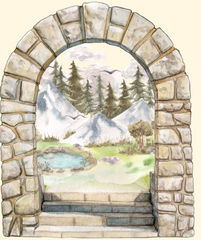
Worldbuilding and campaign writing is really fun, it’s what drew me to DM’ing in the first place.
I’ve always had stories running around inside my head and DM’ing gave me the chance to bring my worlds to life and invite my friends to step inside!
It's not for everyone though. New DMs especially may find it easier to begin with a pre-written adventure. These adventures come complete with maps, Non-Player Characters (NPCs), monsters, traps, and storylines, allowing you to focus on learning the ropes of DMing.
That said, if you're passionate about bringing your own world to life, go for it! Just make sure you’re prepared to invest time and effort into crafting your campaign.
If you're looking for a middle path that balances creativity with a manageable workload, consider borrowing ideas and encounters from existing adventures and adapting them to your own world. It can save you a lot of time whilst still maintaining creative control.
Breathing Life into NPCs, Monsters, and Encounters
Part of your role as DM is portraying NPCs and monsters, as well as designing and running encounters.
What truly makes a character, monster or encounter memorable though is when there is thought behind it.
It can be pretty challenging to put yourself into the shoes of an evil ancient dragon and think about their goals, ideals and values! Learning how to do this will make a huge difference in how your NPC or monster come across to your players. It makes them feel more real and dynamic, both during roleplay and combat encounters.
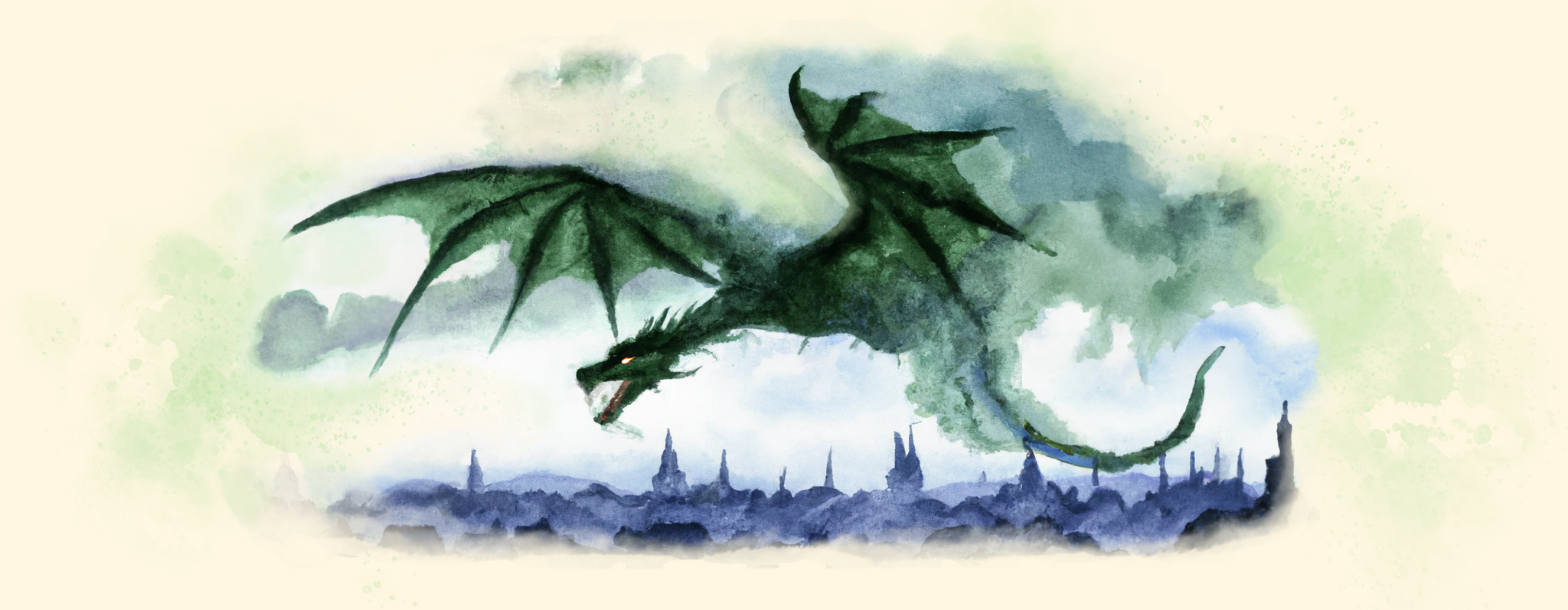
Challenging and interesting encounters don't always need to revolve around combat. Any creative scenario that requires players to adapt, strategize, and think on their feet will make for memorable moments in your campaign.
If you want to explore this more, check out my blog posts on How to make combat easier to run as a DM and How to make NPCs feel more believable!
Mastering the Rules and Game Mechanics
Ok, this is one of the aspects new DMs tend to find most scary and with good reason - the Players Handbook is over 300 pages long!
Here’s the thing though, you don’t need to know all the rules to be a good DM.
Yes, as a DM it’s your responsibility to understand and interpret the rules but you don’t have to know them off by heart to do that.
Start by familiarizing yourself with the basics, such as turn order and spellcasting mechanics.
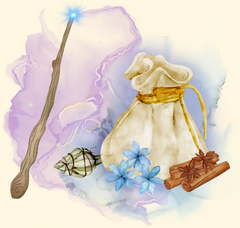

Over time, you'll learn more complex rules and even develop a sense for when to bend or break them for the sake of the story. Adaptation is a key part of DMing after all!
Remember, it's perfectly ok to consult the rulebooks during a session.
In fact, doing so can help build trust with your players, as it shows that you're committed to fairness and consistency.
Embracing Collaboration and Player Agency
A good DM works with their players, not against them.
Don’t get me wrong, you’re going to be setting them challenges. At times it will be hard, and when the plan isn’t good or the dice go wrong, player characters may die.
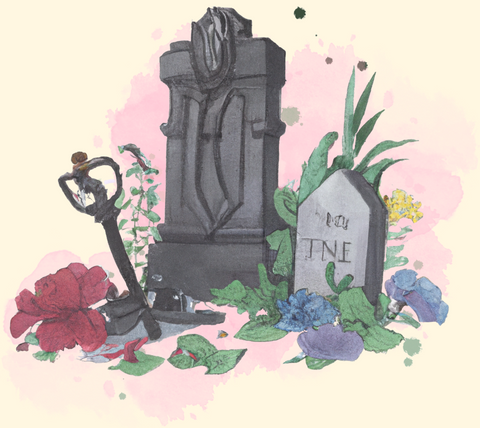
You’re never working against your players though - you’re always on the same side!
With that in mind, it’s important to support player agency and creativity. You want their choices to matter, for them to be telling the story right alongside you.
A collaborative approach gives your players a sense of ownership and investment in the game and makes it more enjoyable for everyone.
Wherever you can, try to give your players the opportunity to be creative. Let them surprise you and send you scrambling!
Navigating Problem Solving and Conflict Resolution
DMs often take on the less than appealing role of being the person expected to handle conflicts and disruptive behavior at the table.
Open communication and clear boundaries are key to maintaining a positive and inclusive gaming environment. Be assertive when necessary, but also be willing to listen, learn, and adapt when confronted with issues or concerns.
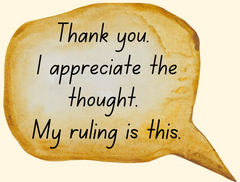
I honestly think think 90% of all table problems can be prevented or fixed with open communication and firm but fair boundaries.
Learning to say “No” can be hard but invaluable!
Remember, as DM you get the final say. If someone is questioning your ruling it’s ok to acknowledge their questions and then lay down the law and remain firm in your decision.
A Dungeon Masters Duty of Care
I am a firm believer that DMs have a duty of care to the players at their table.
It’s our responsibility to ensure that our players feel safe and respected.
Playing Dungeons and Dragons can be emotionally intense at times. Whilst you play the parties allies, you will also be playing their antagonists. You will be roleplaying conflict and putting characters in difficult positions. This leads to great story telling but can also be challenging for both yourself and your players out of game.

I am a big fan of checking in with your players after moments like these. Make sure they are ok and ask if they are comfortable with how the story is playing out. You never want the in game conflicts to bleed into real life.
With that in mind, always be prepared to adjust the content of your game to accommodate the needs and comfort levels of your players!
The words here are communication, consent, consideration and compassion!
If you have those, then whatever happens at your tables, you will be able to face it together!
Practice makes Perfect
Like any skill, DMing takes practice and dedication to master.

Dungeon Mastering is such a broad subject that there will always be something new to learn. Perhaps that’s why I love it so much!
Embrace the learning process by seeking out resources, such as podcasts, books, forums, and videos, to improve your craft. However you like to learn, someone will have made content to help you!
Don't be afraid to make mistakes either – they're a natural part of the learning process and provide valuable lessons for future sessions.
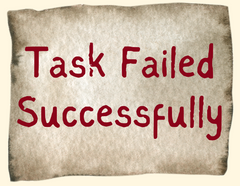
Tackling Common DM Challenges
As a DM, you'll likely encounter more challenges along the way that I haven’t had time to cover in this post.
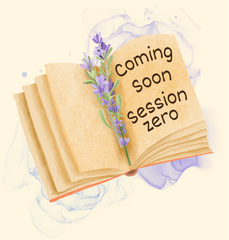
These can include railroading, handling unexpected player decisions, creating immersive experiences, managing DM burnout and self-care, and conducting a successful session zeros among many others.
These topics will be covered in more detail in future posts, so stay tuned!
Conclusion
Becoming a great DM is a journey of discovery, growth, and collaboration. As the driving force behind the DnD game, you are in the privileged position to create memorable stories and forge lasting bonds among your players.
Embrace the challenges, learn from your experiences, and above all, have fun – because that's what DnD is all about!
Remember, you don't need to be an expert to start DMing. The most important thing is to have a genuine passion and a willingness to learn and adapt.
With time, patience, and perseverance, you'll develop the skills and confidence needed to guide your players through epic adventures and create unforgettable memories along the way!
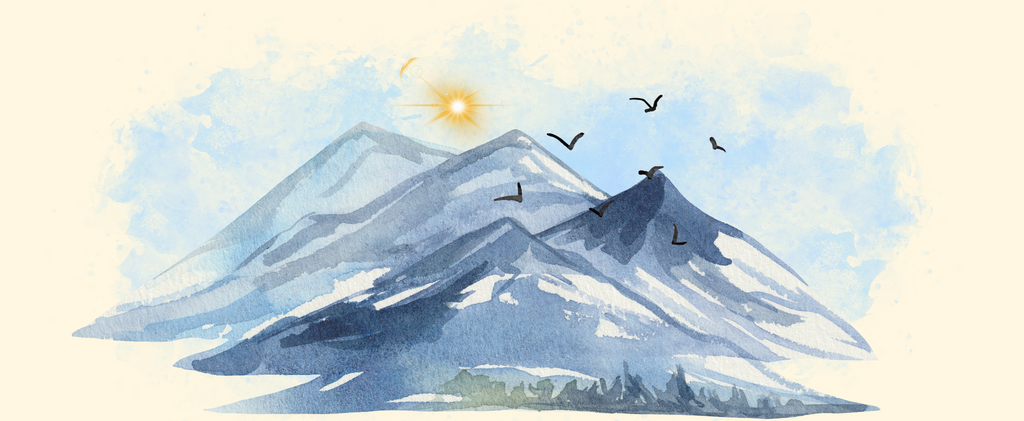
I know Dungeon Mastering can seem intimidating at the start but please don’t let that stop you!
Sure, it has its challenges, but I know you’ll rise up to meet them!


Hi! I'm Annabelle! I'm the author of this blog and a huge nerd!
I also make magnetic, double-sided, modular dungeon tiles!
My DnD terrain contains secret spinning magnets so that each piece snaps instantly to every other. They even come in a box disguised as a spellbook to store away on your bookshelf!
They're really cool, you should totally check them out here!

